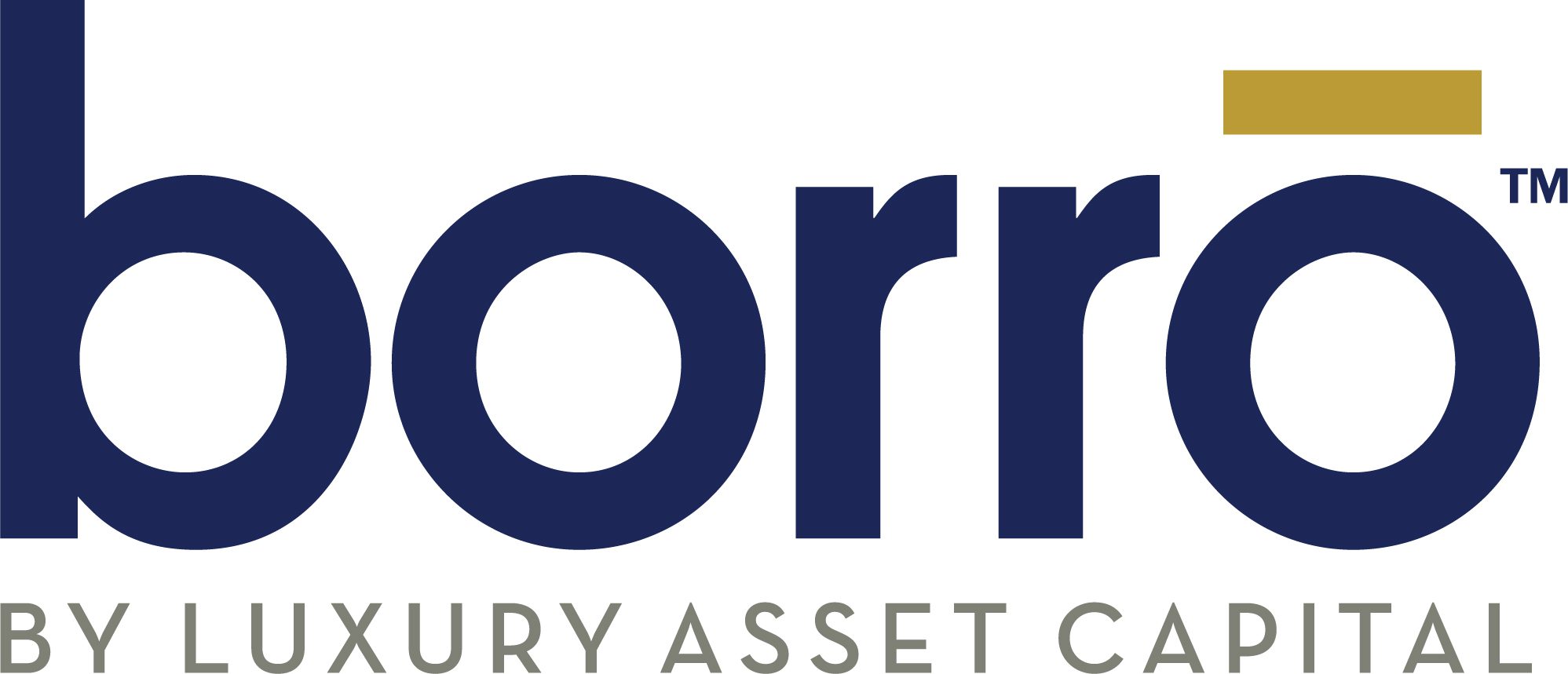The luxury industry is experiencing a boom like never before. With the global luxury market estimated to be worth over $1.5 trillion, it’s no surprise that luxury brands are expanding their reach and opening new stores in emerging markets. This growth has brought about a number of changes in the industry, from the rise of sustainable and ethical practices to the emergence of new luxury markets. In this article, we’ll explore the ways in which the booming luxury industry is changing the world.
Sustainable and Ethical Practices in the Luxury Industry
The luxury industry is experiencing a significant shift towards sustainable and ethical practices, which is one of the biggest changes in the industry. This shift is in response to the growing awareness of the impact that luxury products have on the environment. Given this, luxury brands have started taking steps to reduce their carbon footprint in the production process by adopting more environmentally-friendly practices.
Gucci, Stella McCartney, and Burberry are among the luxury brands that have committed to achieving sustainability goals. For instance, Gucci has pledged to become carbon neutral in its operations and supply chain by 2020. The company has also implemented eco-friendly practices such as using more sustainable materials and reducing waste in production. Stella McCartney has also implemented sustainable practices in its business, such as using only vegetarian materials in all its products.
In addition to the focus on sustainability, ethical practices are also becoming increasingly important in the luxury industry. Consumers are demanding greater transparency and accountability from luxury brands, and companies such as Chanel and Kering have responded by implementing ethical codes of conduct. These codes ensure that the products are made in a fair and ethical manner, with no exploitation of workers or use of harmful materials.
As the luxury industry moves towards sustainable and ethical practices, it is important for all companies to consider their impact on the environment and society. By doing so, luxury brands can ensure that they remain relevant and attractive to the discerning consumers who value ethical and sustainable products.
The Impact of Emerging Markets on the Luxury Industry
The emergence of new markets, particularly in developing countries such as China and India, has created a significant impact on the luxury industry. With the rise of the middle class and an increase in disposable income, these markets have become a primary focus for luxury brands. This trend has been fueled by the fact that China has now surpassed all other countries in terms of luxury market size, with Chinese consumers accounting for more than 30% of global luxury sales.
As a result, luxury brands have had to adapt their marketing strategies to cater to these emerging markets. This has meant that many brands are now tailoring their products and services to appeal to the tastes and preferences of these new consumers. For instance, some luxury brands have introduced designs that incorporate traditional Chinese motifs and colors to appeal to the Chinese market. Others have created products with smaller sizes to fit the preferences of consumers in India, where smaller sizes are often preferred due to cultural factors.
In addition, luxury brands have also been investing in building their presence in these emerging markets by opening new stores and partnering with local retailers. This has helped them to establish a stronger foothold in these markets and increase their brand recognition among consumers.
Overall, the emergence of new luxury markets has created both opportunities and challenges for luxury brands. While it has presented a significant growth opportunity, it has also required a significant shift in their marketing strategies and product offerings to meet the needs and preferences of these new consumers.
Impact on Society
The booming luxury industry has had a significant impact on society, both positive and negative. On the positive side, luxury brands have created jobs and contributed to economic growth in many countries. They have also supported charitable causes and made significant donations to cultural institutions. In addition, luxury goods have become more accessible to the general public, with many brands offering more affordable options and opening stores in new markets. This has allowed more people to enjoy the quality and craftsmanship that luxury goods offer.
However, the industry has also been criticized for promoting a culture of excess and materialism, and for perpetuating inequality by catering only to the super-rich. Critics argue that the emphasis on luxury goods as a status symbol encourages consumers to focus on material possessions rather than more meaningful experiences and relationships. Additionally, the environmental impact of the industry has been a source of concern, with many luxury brands using materials and resources that contribute to climate change and other environmental problems.
While the luxury industry has brought many benefits to society, it is important to consider the potentially negative impacts as well and work towards creating a more sustainable and equitable industry. This could involve greater transparency and accountability from luxury brands, as well as efforts to reduce waste and environmental damage. By doing so, the industry can continue to thrive while also benefiting both individuals and society as a whole.
Conclusion
The luxury industry is undergoing a period of rapid change, driven by the rise of new markets and changing consumer attitudes. As the industry continues to evolve, it will be interesting to see how luxury brands adapt to these changes and what impact they will have on society as a whole. With sustainability and ethical practices becoming increasingly important, it’s clear that the luxury industry has an important role to play in shaping the world’s future.





